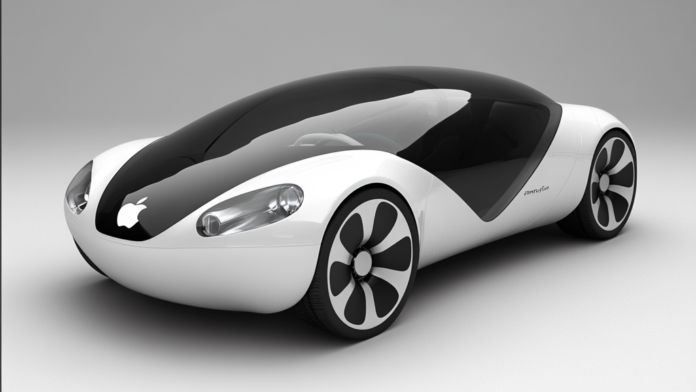In the ever-evolving landscape of technology, the lure of the new and the promise of unprecedented innovation often result in a frenzy of investment and speculation. Autonomous vehicle (AV) technology and electrification startups were once the darlings of the VC and corporate world, promising billions in revenue and a fresh revenue stream for automakers beyond building and selling cars. But as we look back at 2024, the buzz has quietened, the whispers of excitement have dulled, and the reality of the industry has set in.
The EV Market: A Shift in Momentum
The year started with a lingering sense of optimism around electric vehicles (EV). However, as the year progressed, several EV startups faltered and automakers readjusted their investment plans. The demand for EVs, which began to soften in 2023, continued to do so in 2024. Sales volume increased, but the pace of growth fell short of expectations. In response, Ford abandoned its plan for an all-electric three-row SUV, opting instead for hybrid powertrains. Likewise, GM offloaded its stake in the nearly completed Ultium Cells battery cell plant, while Stellantis and Mercedes halted their EV battery factory plans. In this scenario, Toyota’s cautious approach of prioritizing gas and hybrid vehicles seemed prudent.
The AV Sector: A Reality Check
Similarly, autonomous vehicles (AVs), which once enjoyed a surge of VC interest, have faced a reality check. The complexities around driverless cars, the unproven business model, and the waning patience of backers for a long-term pre-revenue investment have led to a wave of consolidation. Many AV startups have tried to adapt by applying their tech to warehouses, mining, and agriculture. However, they found these sectors already teeming with competition. Others have stuck to their original mission, but have morphed into dual-use companies, recognizing the current demand for defense tech.
Corporate Reevaluation and the Apple Car Project
Against this backdrop, corporate entities have taken a hard look at their spending. Apple’s much-speculated car project was officially cancelled in 2024, a development that was met with collective disappointment, given the long-standing rumors about the project. Meanwhile, Arrival, an EV startup once valued at over $13 billion, announced that its U.K. division was entering administration.
The E-Bike Sector: A Glimmer of Hope
Despite the challenging environment, e-bikes and e-motorcycles, which gained popularity during the COVID pandemic, offered a glimmer of hope. Swedish company Cake, known for its high-design bikes, filed for bankruptcy in February. However, it managed a surprising comeback, demonstrating the resilience and potential of this sector.
To sum up, 2024 was a year of reckoning for the AV and EV sectors. The weaker startups bid adieu, and corporate entities reassessed their spending. As we move into 2025, it will be interesting to see how these sectors evolve and adapt to the changing market dynamics.
Last updated: January 18, 2025 • View original

